“Regardless of the cost even now, their eyes see, their ears hear, their tongues speak, and they are kind.”
Clarissa Pinkola Estes, Women Who Run With the Wolves, pg 193
Pregnancy stories, birth stories, and post-partum stories are not in the narratives of our nation. They are not the foundations of history; they are not voiced in the constitution or at inaugural addresses. Pregnancy, birth, post-partum and everything in between stories are the silenced stories of humankind. These stories have existed since the beginning of time but are shoved into the hospital rooms, bedrooms, and women’s corners. Each womb story is as diverse as the humans who originate from them and we have neglected to tell them. The stories begin with women’s blood and end in women’s blood and so many people don’t know.
But, sometimes, if you are lucky enough to witness and kind enough to listen, these stories are told in small rooms or parks or in support groups, grief groups, and therapy rooms. Sometimes, when a woman is being crushed by depression, sometimes when the horrors of her birth or loss or abortion are too much, sometimes when she has a friend or sister or mother who knows, sometimes when she feels safe, sometimes she tells her story.
I realize that we have done humanity, particularly women, a disservice by hiding these stories in safe rooms and not sharing them on loudspeakers for everyone to hear. I am realizing that men and politicians don’t know that bleeding and making life (inside our wombs and outside) is long and miraculous and arduous. And that women do it without being asked or considered and that it has absolutely nothing to do with politics, with the words and ideas that politicians create. Women’s bodies do what they do without permission, without treatise, and without politics.

My first birth was so traumatic that I had, what I have since learned to be, panic attacks with my second pregnancy. My body was terrified to give birth again. Politicians minimize pregnancy, through their rhetoric, through their neglect of telling women’s stories, saying women’s words, and using women’s language for body parts and experiences. Politicians lessen the incredible, damaging sacrifice that childbirth is by reaching back in time and citing treatises from a time when women were property and by failing to become educated about women now. Perhaps, by telling our stories, Americans can better appreciate the other side of the magical, incredible aspects of bringing life into the world. I have come to see that women’s stories can make all the difference.
So: I pee my pants constantly. I wear pads every day. I am a fit, 125-pound, 35-year-old runner (and mother of four) and I often have to sit in my running partner’s car with urine-soaked pants. I always wear black because sanitary pads are not enough to hold the urine that leaks from my post-partum damage. And I never say a thing.
I never tell my friends that I need to run home to change my pants, I don’t tell my kids that the smell is me, and I don’t let my husband see me cry on the toilet. Fortunately, my husband is able to forget that I have been peeing my pants for fifteen years due to nerve damage in my pelvic floor and prolapse of my urethra. I’m a woman so I don’t complain about my scars from childbirth. And my silence, compounded with billions of other women, matters.
Recently, five members of the Supreme Court (Clarence Thomas, Neil Gorsuch, Brett Kavanaugh, Samuel Alito, and Amy Barrett) voted to overturn Roe v. Wade. I read Justice Alito’s opinion of the court and cried and shook and couldn’t sleep. I have never had an abortion, needed one, or wanted one, but I love women who have. And even though I haven’t had an abortion and probably never will, this decision affects me. It matters to me. I have been a pro-life advocate, I have been a foster mom, and I have permanent scars from childbirth; while my stories affect my choices, I recognize that each woman’s stories influence her choices as well. Alito’s words suggest that the law does not and should not trust women. I strongly disagree. I trust women.
The phrase that repeats through my mind, that I want to scream back at the Supreme Justices is: “How dare you.”
How dare you propagate divisiveness, pretending women are at war against each other and are violent, thoughtless portals. How dare you attempt to use women as pawns in your distorted narrative about 13th, 17th, 15th, and 19th-century treatises convicting and condemning women who are silenced and erased. How dare you use Bracton, Coke, Hale, and Blackstone as the authorities on criminalizing the termination of pregnancies – on criminalizing women’s experiences and choices. Do you really know nothing of women’s history? Or did you also read the part of the treatise where Bracton writes, “Women differ from men in many respects, for their position is inferior to that of men”? Do you really think so little of women that you align with these ignorant men from history? I feel that you do.
But I want to beg you to trust women because women are life makers whether you give them permission or not. They are the creators, bleeders, and mothers of bodies. How dare you speak for the unborn as if you care more about life than women? How dare you distort the narrative of women’s history and women’s present? How dare you make women the enemies of the unborn?

Women are the harbringers of all human life – not politicians and definitely not English clerics from the 1200s. How dare you not trust women to protect and treasure and create human life. How dare you judge us. How dare you condemn us like a fifteenth-century misogynist. How dare you think you know more about life than women? How dare you erase the stories of women who have had abortions?
I trust women. I trust women to care for the unborn inside them that suck their blood and stretch their skin and shove aside their organs. I trust women to terminate their pregnancies with grief, tenderness, hope, and love. I trust women to educate younger women in the powers, sacrifices, stories, and pains of womanhood. I trust women.
There might be women murderers who love killing unborn babies; there might be women who love bleeding chunks out of their vaginas, but I have never met one or read about one and I am appalled that your words about abortion never once included the words vagina or blood.
Why do you allow lawmakers and politicians to direct the narrative that ridiculously suggests that they care more about life and children than the women who destroy their bodies to carry them? Why have we let you write women’s narratives so inaccurately? Why do we let you under and misrepresent women?
You overturned Roe v. Wade because you claim there was no precedence or evidence for women’s autonomy; that there was no precedence for the “right to define one’s own concept of existence, of meaning, of the universe, and of the mystery of human life” (505 US, at 851). And I agree: there is no precedence for women making choices on their own and for their own bodies. Roe v. Wade was unprecedented – evidenced by the ignorant treatise you cite.
The only conclusion I come to is that you do not trust women. Alito’s opinion of the court strongly prefers “elected representatives” to regulate the “concept of existence, of meaning, of the universe, and of the mystery of human life” instead of women regulating themselves. But I don’t trust you to define the concept of existence and meaning. I trust women.
Trust women. Trust women’s concepts of existence and meaning and life: trust women who have abortions because they do not want a child. Trust women who have one or four or ten children and no abortions. Trust women who have three kids and one abortion. Trust women who almost died from an ectopic pregnancy and wept when they received the bill and then paid for a life-saving abortion. Trust women who can’t afford contraception and have sex anyway, taking the day-after pill to ensure they don’t have a child they aren’t ready for. Trust women who live in a state where abortion is difficult to access and have to wait on a list until they are 15 weeks pregnant to get an abortion. Trust women.
Trust women who abort their precious child who cannot live outside of their womb. Trust women who carry their child with the same condition full term so they can hold their dead baby in their arms. Trust women who give their baby to another mom through adoption. Trust women who hold their teen daughter’s hand during a sexual assault forensic exam and then hold her limp hand after an abortion procedure. Trust the teen girl who has no mother holding her hand. Trust the nurse who does. Trust women.
Trust women who are overwhelmed, underprivileged, and overworked. Trust women who never get pregnant. Trust women who are feminists, conservatives, married, single, gay, straight, white, brown, working, successful, young, or old. Trust women.
Trusting women doesn’t ensure we will never make mistakes. It doesn’t ensure that we won’t crack and break, murder and steal. It doesn’t ensure that we won’t choose to have abortions or have more kids than we can handle. It doesn’t guarantee that there is one “right” way to woman, in fact, it guarantees the opposite: there is no “right” way to woman.

Trusting women gives us a chance to learn. Gives us a chance to be individuals with our own experiences that teach us about ourselves, and our concepts of life. It gives us a chance to be free as women (which looks different than being free as a man.) It gives us a chance to create a world built with and by disparate women. Trust women.
I know: sometimes moms fail. Sometimes women are cruel. Women are not wise or compassionate or nurturing unless they have done the work to become so. Some women neglect their children, some women bury their children, and some women weep because they have no children. Some weep because they have children. Some women thrive without children. Some thrive with children. Some women have sex and get pregnant before they are ready – some wing it and allow the pregnancy to turn into a whole other human (me) and others do not. Trust women because we are all complicated and diverse.
Politicians, how dare you shame women into believing that childbirth is simple. How dare you tell our society that pregnancy can be reduced down to a timeline that you can count by weeks. We count by blood, pain, and stretch marks. We measure with our bodies. How dare you believe that you can define what pregnancy is, what life is, what a woman’s body can do, and what a woman can choose, with a 17th-century treatise.

Did you know that women measure with blood? Bright red blood from our vaginas is how we measure time, miscarriage, abortion, birth, and ovulation. Blood drips down our legs. How dare you act like you know the one “right” way to woman when there are millions of us. How dare you construct and uphold a narrative that taught me that my body didn’t matter. That the destruction of my body through childbirth is normal. That I shouldn’t talk about my blood, my urine-soaked pants, my scars from being a woman. How dare you lessen my experience and weaponize other women’s experiences against me. How dare you say that another woman’s body doesn’t matter? Women against women? How dare you.
How dare you divide this country with women’s bodies – haven’t we bled enough? How dare you distract me from the real issue – the language you use to shock and terrify and divide.
Trust women. Please. Trust us enough to be human. To be good. Trust women to make difficult, bloody, real decisions that you don’t understand. You made me think that women don’t understand either, but we do; we’re learning to understand ourselves and our bodies without your permission. Trust women to learn and grow and change on our own without politicians writing our moral code. Trust women to think of the unborn. Trust women to terminate their own pregnancies. Trust women to bleed and scar and suffer for the unborn. And nurse and cherish and love the newly born. And to not when we can’t. Trust women’s experiences. Trust women to tell our own stories and make choices. Trust women.
“Yet if we live as we breathe, take in and let go, we cannot go wrong.”
Clarissa Pinkola Estes, Women Who Run With the Wolves, pg. 173



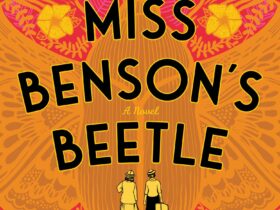


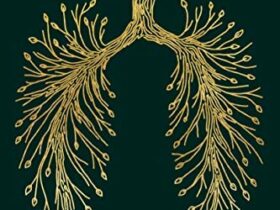
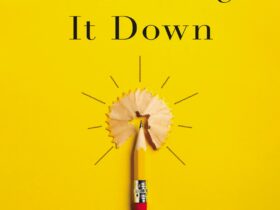
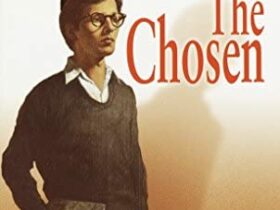
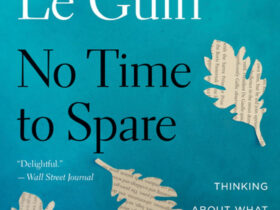

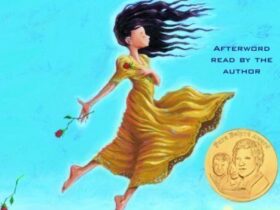


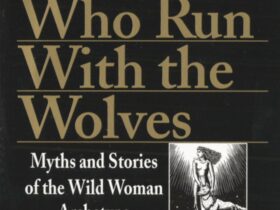







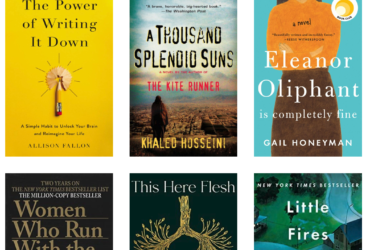
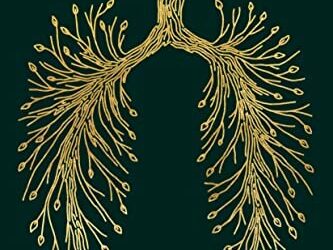
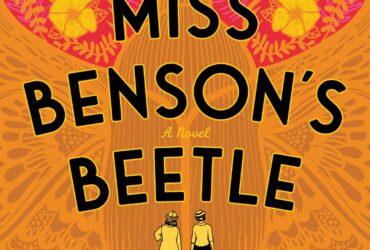

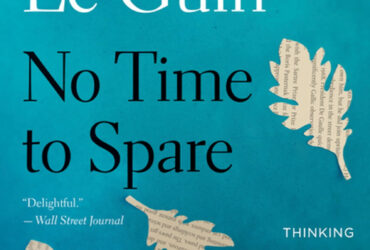

Leave a Reply